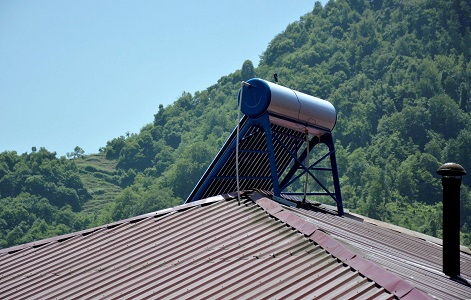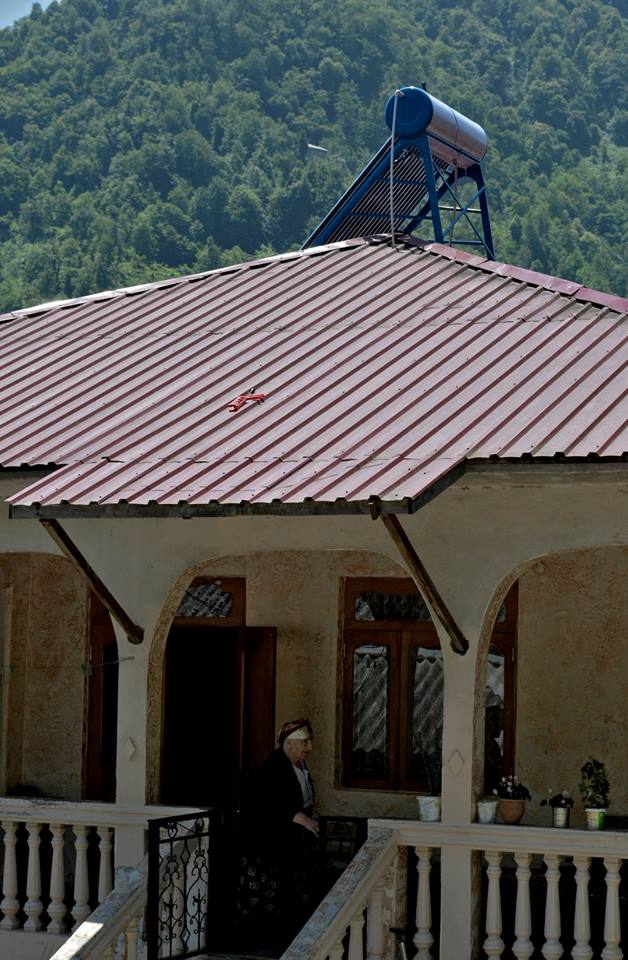3 Georgian villages offered alternatives to discourage tree felling

Three villages in a buffer zone of one of western Georgia’s national parks will be using biomass briquettes, energy-efficient stoves and solar panels this winter, instead of cutting trees for firewood.
This will reduce tree cutting by 100 cubic meters this winter, and by 500 cubic meters in 2018-2019.
Renewable energy piloting in the Machakhela National Park in the Black Sea coastal Adjara region was initiated by the United Nations Development Programme (UNDP) and Global Environment Facility in cooperation with the Ministry of Environment and Natural Resources Protection of Georgia and the Agency of Protected Areas.

Using biomass briquettes is aimed at reducing three cutting. Photo: UNDP Georgia / Facebook
The three villages that participated in the pilot project in Machakhela were Kedkedi, Zeda Chkhutuneti and Kveda Chkhutuneti. There, 16 households and a public school were provided with firewood alternatives and renewable energy sources – biomass, energy-efficient stoves and solar panels.
The residents of the target villages also received information about energy effective ways of heating and solar water heaters.
"The piloting showed that renewable energy proves effective as a substitute for firewood, still used for heating by most rural households in Georgia”, the UNDP Georgia said.
It said that in the target villages alone, tree cutting will be reduced by 100 cubic meters this winter. Furthermore, more households have decided to shift to biomass energy and have purchased 142 tonnes of nut shell from local producers, which has the prospect of reducing tree cutting by 500 cubic meters next year.

Sixteen households and a public school were provided with firewood alternatives and renewable energy sources – biomass, energy-efficient stoves and solar panels. Photo: UNDP Georgia / Facebook
The piloting of the firewood alternatives was part of a wider programme aiming to promote protected areas in Adjara and assist the conservation of the unique Colchis forests.
With over $1.3 million dollars in Global Environment Facility funding, the initiative is implemented by UNDP in cooperation with the Ministry of Environment and Natural Resources Protection of Georgia and Agency of Protected Areas.
 Tweet
Tweet  Share
Share